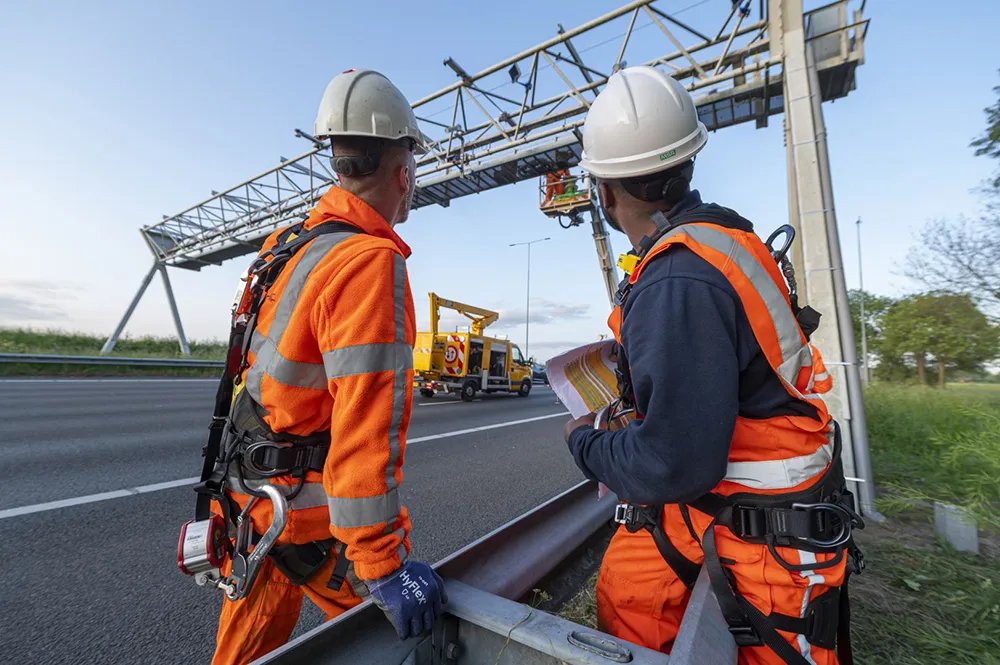The administration of Jakarta City, Indonesia will introduce an electronic road pricing (ERP) system as part of efforts to reduce traffic congestion by discouraging private vehicle use. Under the plan, several areas of the city will be designated as ERP areas and a toll payment is to be imposed on vehicles passing through the areas.
The ERP system to be implemented by January-March 2014 will require vehicles to have special hologram stickers.
October 22, 2013
Read time: 1 min
The administration of Jakarta City, Indonesia will introduce an electronic road pricing (ERP) system as part of efforts to reduce traffic congestion by discouraging private vehicle use. Under the plan, several areas of the city will be designated as ERP areas and a toll payment is to be imposed on vehicles passing through the areas.
The ERP system to be implemented by January-March 2014 will require vehicles to have special hologram stickers.
The ERP system to be implemented by January-March 2014 will require vehicles to have special hologram stickers.








